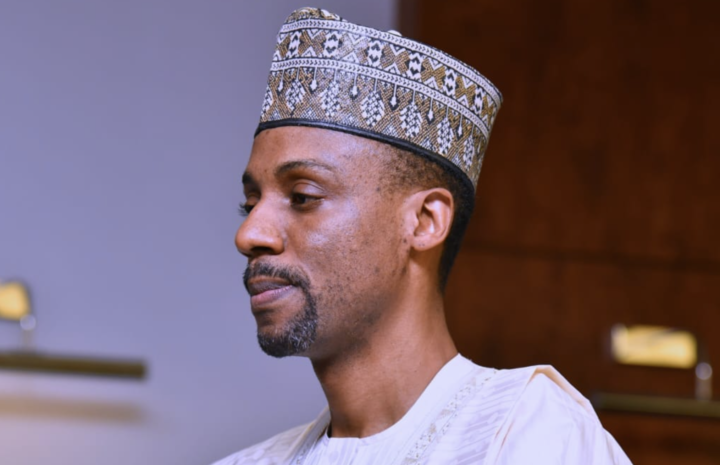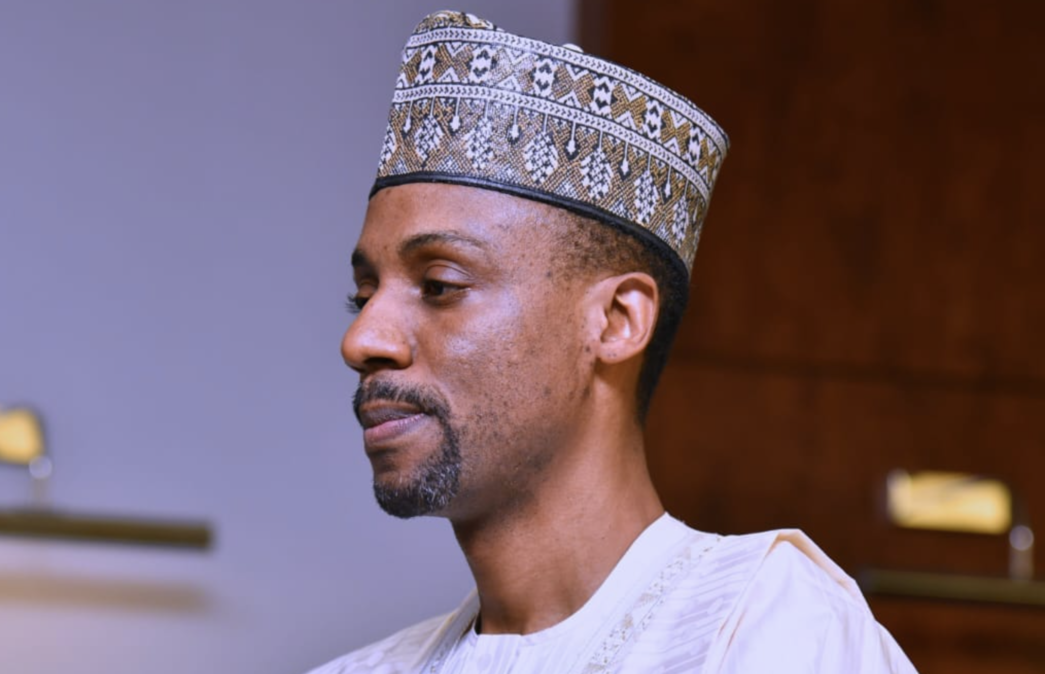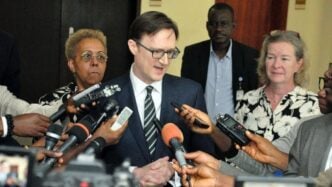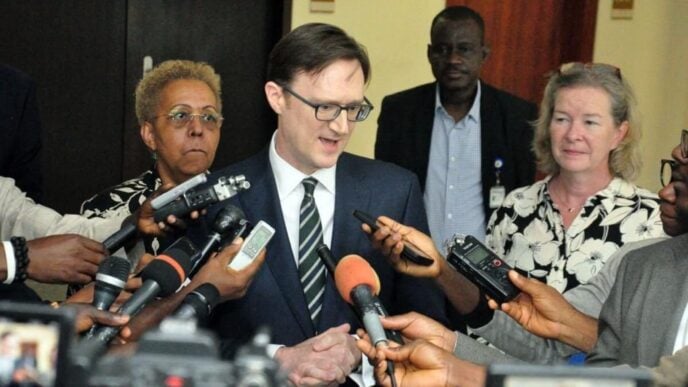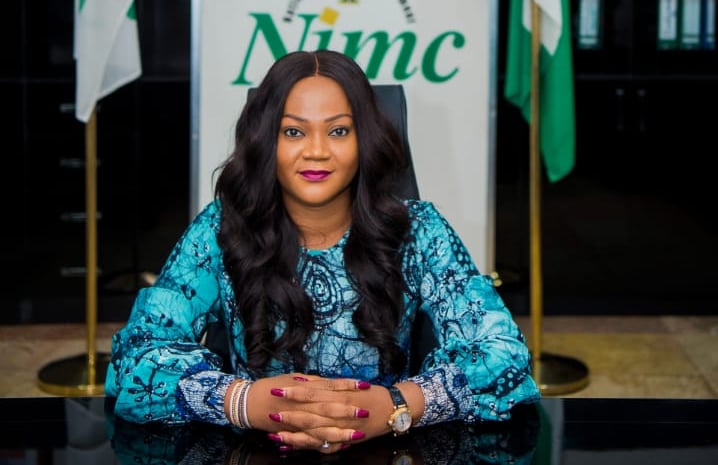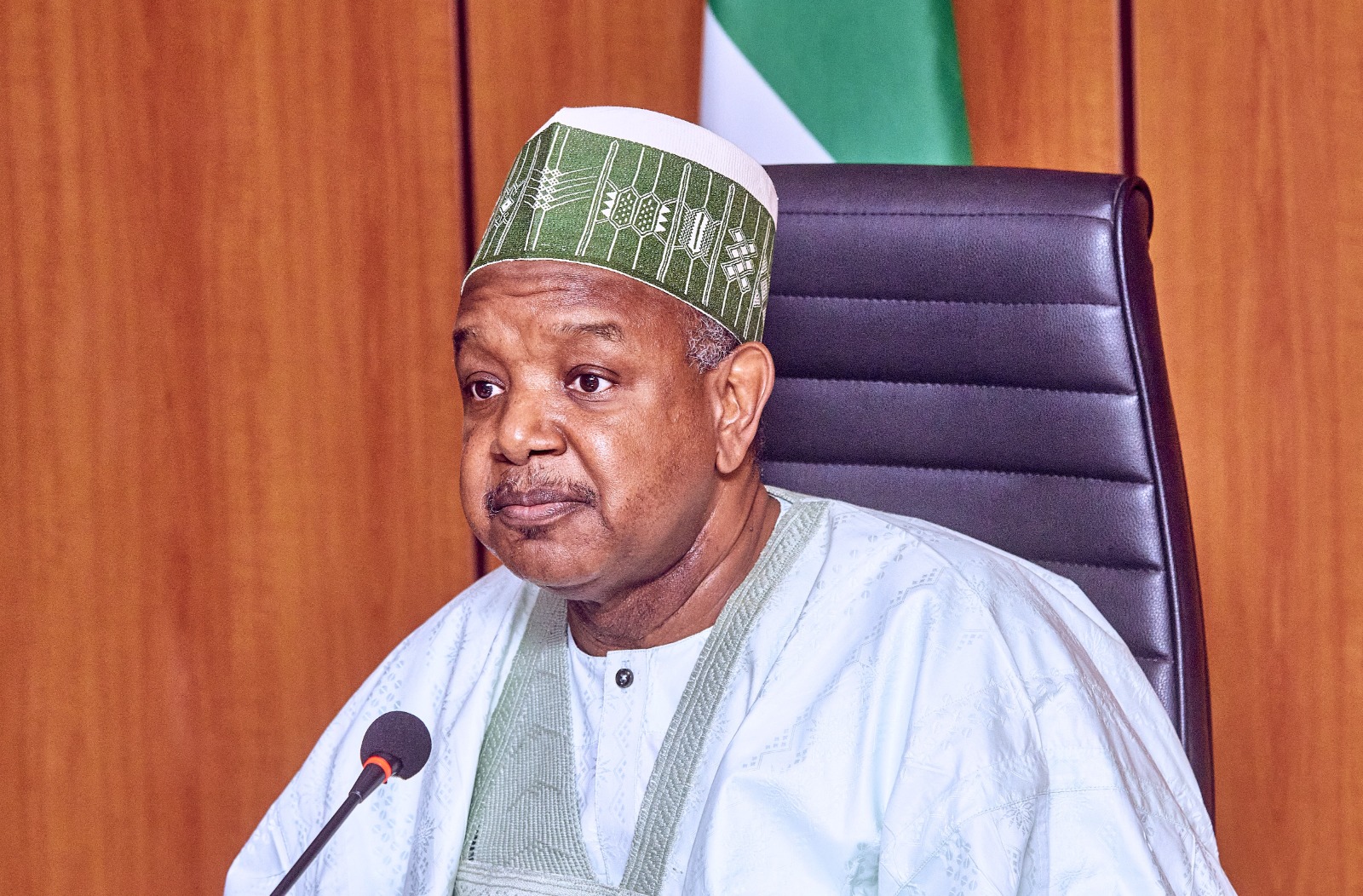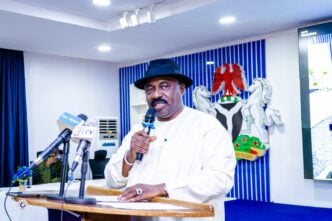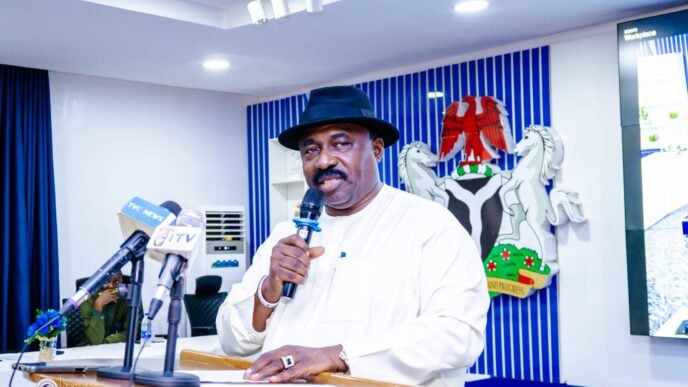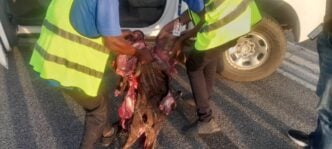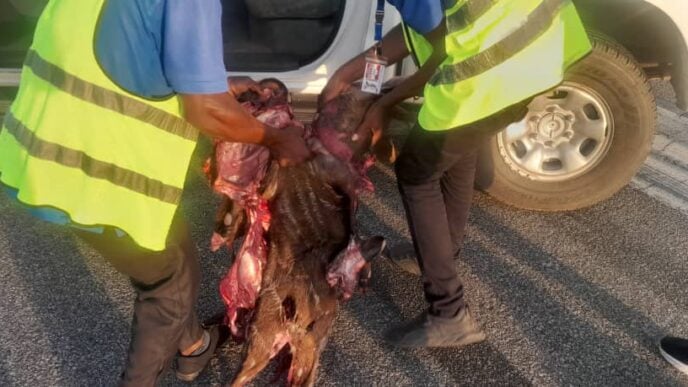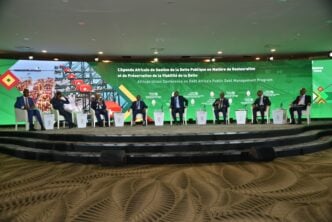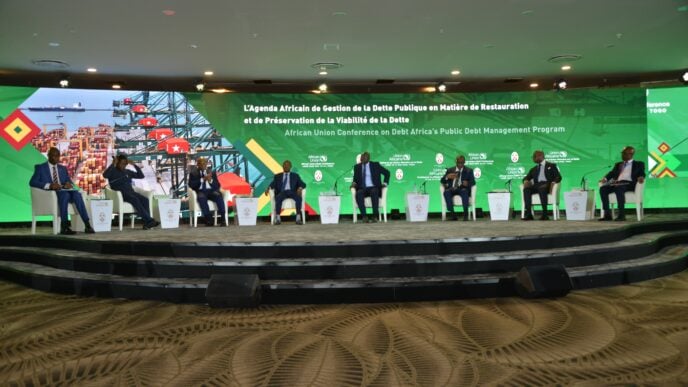Abubakar Buba, commissioner for environment and natural resources
The Kaduna state government says it is working on a mining development roadmap to reposition its solid minerals sector.
Abubakar Buba, commissioner for environment and natural resources, spoke on Wednesday during the quarterly ministerial press briefing in Kaduna.
Buba said the state had engaged a firm, Core International Marketing and Management Limited to design the roadmap.
According to the commissioner, the move is to boost revenue generation, create jobs, and curb illegal mining by attracting foreign investors.
Advertisement
He also announced that Kaduna state generated N30 million from the mining sector in the last two quarters of 2024, with expectations of higher revenue in 2025.
Buba added that Uba Sani, the state governor, had established a lithium processing plant in Kangimi village along the Kaduna-Jos road — with a daily production capacity of over 30,000 tonnes — describing it as the first of its kind in Nigeria
He said Kaduna is endowed with more than 70 solid minerals, including lithium, gold, tin, coltan, wolframite, titanium and iron.
Advertisement
The commissioner also said the Kaduna Mining Development Company has acquired 18 additional mineral titles.
‘ILLEGAL MINING ACTIVITIES IN KADUNA HAVE REDUCED’
Buba noted that illegal mining activities in the state had reduced significantly due to improved surveillance and the governor’s renewed thinking.
“Out of the governor’s magnanimity, he graciously agreed that we should form cooperative societies of these illegal miners, so that at the end of the day, they will still be useful to the society,” he said.
Advertisement
“They will serve as the foot soldiers for any investor that is coming, because they are the indigenes and they know the terrain better than each and every one of us.”
On environment and pollution control, Buba said Kaduna is the first sub-national in Nigeria to develop both a state policy on climate change and a position statement.
He also said over 500 women and youth have been trained on briquette production under the agro-climatic resilience in semi-arid landscapes (ACReSAL) project.
“In this part of the world, our people normally use firewood as a source of energy for cooking,” he said.
Advertisement
“We thought that before we ban the use of firewood for cooking and charcoal making, we need to provide an alternative to the people.
“That’s the reason why the state government, in collaboration with ACReSAL, trained over 500 women and youths on how to make briquettes.”
Advertisement
Buba argued that briquettes can serve as a source of energy to women and children for cooking without necessarily burning down trees, saying,” because the trees serve as carbon shield for humanity”.
The commissioner also announced the distribution of clean cooking stoves to 400 women and youth in partnership with Women’s Initiative on Sustainable Environment (WISE).
Advertisement
“This will help in reducing the emission of smoke that goes to the atmosphere, which equally distorts the ozone layer and exposes humanity to more risks,” he said.
Buba commended Sani’s efforts, which led to the state’s inclusion in the Hydroelectric Power Producing Areas Development Commission (HYPPADEC) in Nigeria.
Advertisement
